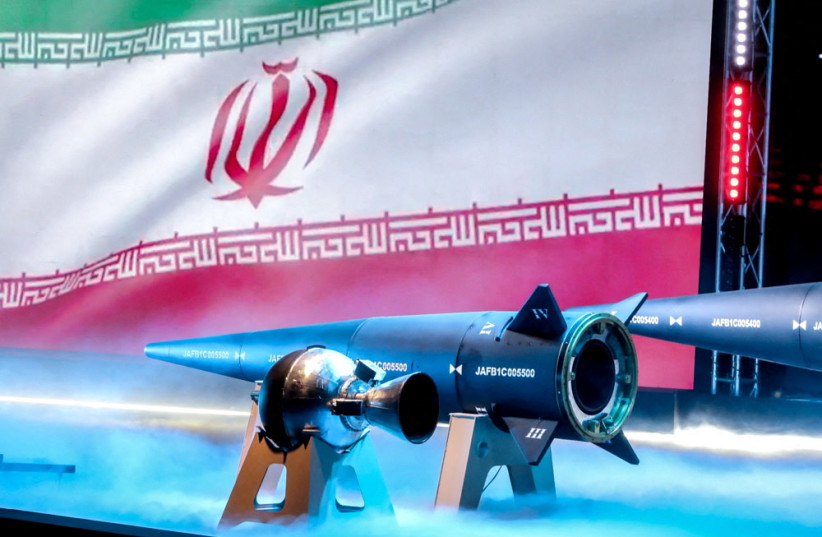Former US Secretary of State Mike Pompeo has strongly criticized President Joe Biden's decision to unfreeze $6 billion in Iranian funds as part of an agreement to secure the release of five detained US citizens.
Pompeo has expressed concern that this deal may inadvertently incentivize further hostage-taking and potentially escalate terrorist activities.
"This is $6 billion that will be in the hands of [Iranian President Ebrahim] Raisi, the butcher of Tehran, controlled by the ayatollah, and it will mean more danger for everyone," Pompeo told The Jerusalem Post on Friday.
He called the move "sad and dangerous."
The prospective agreement involves unfreezing funds currently held in South Korea, stipulating that these funds would be transferred to Iran upon the safe repatriation of the five American citizens to their respective residences. Recent media coverage has highlighted Iran's relocation of four out of the five detainees from correctional facilities to house arrest, while the fourth individual was already under house arrest.

Furthermore, as outlined by Iran's mission to the United Nations, there is a provision for the United States to release certain Iranian prisoners from American jails.
Prisoner exchanges have been popular in Israel's playbook with the Palestinians. In 2011, Israeli traded 1,027 Palestinian inmates for the release of IDF soldier Gilad Shalit from Gaza. More than half-a-dozen Israelis were killed by terrorists released under the deal.
Reports indicate that in the case of the US-Iranian deal, financial transactions would initially involve routing the funds to Qatar before reaching their final destination in Iran, contingent on the successful finalization of the agreement.
"I know the narrative that the funds will be handled by a third-party country and used only for humanitarian purposes, but we have all seen this bad joke before," Pompeo stressed. "If someone agreed to pay for food for your family, you would have money to spend on something else.
$6 billion more for the Iranian regime to spend
"The Iranians will now have $6 billion to spend on something else," he said, noting that this would likely be on their program to enrich uranium toward attaining a nuclear weapon, terrorizing its citizens or carrying out terror attacks worldwide.
"If you are a soldier working for Hezbollah, you think you will get a pay raise," Pompeo said.
The US State Department estimated last year that Iran had spent over $16 billion on support for Syria's Assad regime and its proxies between 2012 and 2020, including more than $700 million on Hezbollah alone in 2020.
Hezbollah is believed to have over 150,000 missiles that it could use in a war against Israel.
According to Reuters, three Iranian Americans released from prison are business people Siamak Namazi, 51, Emad Shargi, 58, and environmentalist Morad Tahbaz, 67. The identification of the fourth US citizen has yet to be made public.
The former secretary of state said he was thrilled for the Americans expected to return home and prayed for their safe journey back to their families. However, he said their return would "almost certainly mean there will be more American hostages, and we now told the Iranians we are willing to pay a billion dollars a hostage.
"That's an enormous incentive for the regime," he continued.
